Alexander Viehl
Motivated by real-life challenges and impactful solutions
Alexander Viehl studied computer science at the University of Karlsruhe, now the Karlsruhe Institute of Technology (KIT), from 1999 to 2004, focusing on the architecture and security of software systems and the design and architecture of embedded systems and microprocessors. After gaining some experience in the industry as a software architect in parallel to his studies, he began his career at the FZI Research Center for Information Technology in 2004. Following his PhD in Computer Science from the University of Tübingen, he headed the Microelectronic System Design department. Since 2016, he has headed the Intelligent Systems and Production Engineering (ISPE) division and coordinated the mobility research at the FZI. Alexander has been around the ITEA circuit for the past 15 years. An experienced and successful participant in ITEA projects, he recalls the point in his career when ITEA entered the picture.
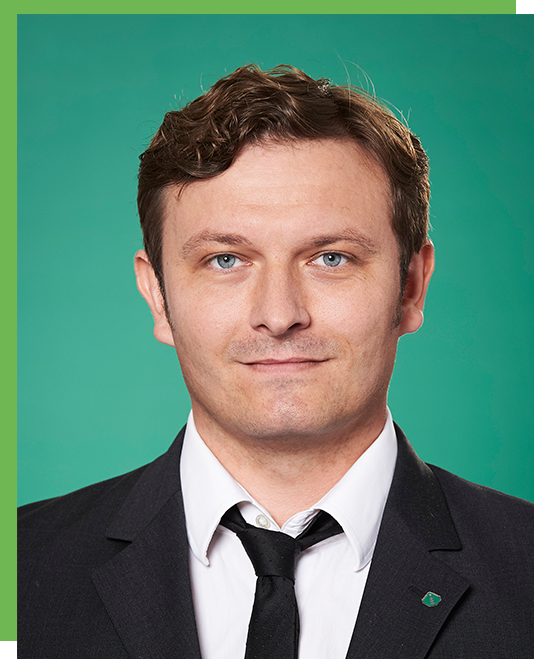
The point of no return
During his studies, Alexander had a lot of colleagues who were already working in industry, but he always resisted that temptation, wanting to concentrate on his study but, as things happened, in the final year of his master’s, he and a colleague got chatting over a beer and again the question of going into industry arose. “It was at that point that I said to myself, ‘Maybe I should, just to see if I could learn something.’ After all,” Alexander says, “I knew I was able to do software engineering at a very high level. I had also won an AI software competition during my studies. So, I took the plunge, joined my colleague’s company for a while as a freelancer and then got my first project more or less straightaway. Not that it was particularly interesting – just designing a test framework and writing tests for software components. I worked through the weekend and then on Monday at noon I told the company that I was finished with the test and the framework. Everything worked. They were astonished – the guy before me had worked on it for months without finding a solution. More assignments like this followed, but all without any underlying vision. In short, I lost interest, and after completing my master’s thesis, I applied for and got a PhD position at FZI. That signalled my entry into this research world. I was also quite successful in publishing my research. Maybe one year after I started, my boss asked whether I would like to become a project manager. I said yes, but after successfully finishing my first project i needed a new one. So off i went to a brokerage event and presented some of my ideas. I was 27 then and most people around me were 50 and older. While this was not an ITEA brokerage, a guy peered around from behind a palm tree and asked whether I had heard of ITEA. Because the topics I had presented were quite interesting for the programme. And that began, quite by coincidence, a wonderful relationship.”
An exciting time
FZI is not just about academic research but especially about applied research and technology transfer. “We’re always having discussions with industry, what they really want to have and what is missing. For that reason, the topic I had presented was in demand in this particular ITEA project VERDE. So, I wrote a proposal and went off to Paris armed with only two slides and some text. In the morning, we met and discussed the work package structure and objectives and so on. And then it was time for lunch and the culture shock of the southern European way – plenty of red wine and socialising. Was this also the ITEA way, I asked myself. The morning had been so productive that they felt we hardly had anything to discuss in the afternoon. In short, the project was accepted and I became the national coordinator. It was really exciting for me because this level of project management was new, as was this European structure, the different styles of working, scheduling a meeting for one hour that ended up being three hours or more, with people talking French in the corner. It was fascinating, but we had very productive workshops, very intelligent partners, and targets with fast, exploitable results. This really motivated me because this was a very good fit with our objectives at FZI. I was also working on my own research and finishing my PhD at the time. On top of that, we also acquired a very good FP7 project, and I also had the lead in that. I finally managed to finish my PhD, which allowed me the time and opportunity to take over the department.”
ITEA projects are important because they are actually the proof of the pudding. They put concepts into applications that have been proven to work, to benefit industry, to benefit society. And industry understands the necessity.
Proof of the pudding
Alexander ramped up the ITEA collaboration in 2012 when he attended ITEA Project Outline (PO) Preparation Days Days in Madrid that was “full of very interesting discussions,” he recalls. “I’d never been to Madrid before or maybe not inside the city. Not only was I treated to a mix of new cultures and ideas but it was also very constructive. A year and a half later, the project MACH got started. A long wait, but things are much faster now. After all, the needs of the industry might already shift within that long period. When that project ended, I proposed ideas to ITEA in three consecutive years and all of those got funded. In 2016, my career took a new turn when I was promoted to become Division Manager for the Intelligent Systems and Production Engineering Division, which included not only a focus on embedded hardware/software systems and model-based systems engineering, but also on AI and intelligent systems in general. Like engineering methods or better generalisation tools, algorithms for autonomous driving, algorithms or concepts for robots. Always in very close collaboration with industry. We put theory to the test. In my division, we have, for example, autonomous vehicles that are allowed to drive on open roads as well as a lot of robots and robotic components that can be deployed to industrial settings as well as on space missions. We have real labs for mobility, robotics and energy systems. It’s all about improving the state of the art for solutions that have real impact and that bring benefits.” The link with the ITEA vision is clear. “ITEA projects are important,” Alexander explains, “because they are actually the proof of the pudding. They put concepts into applications that have been proven to work, to benefit industry and society. And industry understands the necessity.”
Lean, flexible process
“Our approach is to find other partners in Europe, whether the same end-user domains or technology, and then search for the next breakthrough in some specific AI technologies in a fast and lean application process. ITEA provides this. It’s more digital, no longer 100 pages of proposal. Now, for example, you have a portal where you can do the lean reporting, entering and reusing data for different proposals and roles. This means you don’t have to write everything in a document. It generates the entire proposal, in a technical sense of course, but it helps a lot. I guess if I had to suggest one area for improvement, it would be the issue of alignment with the Public Authorities of all the countries. In Germany, the Public Authority is really helping us but at some point after submitting the proposal, when you create a consortium, you may find out that some other funding construction in one of the partner countries collapses. So, a little bit more predictability would help because you’re including or onboarding 20 or 30 partners under the impression that the funding prospects are high, only to discover that several partners drop out. Then, to keep the label, you have to track back. Which partner wanted to do what and how do we have to reshape the work packages? That being said, I really like the higher degree of freedom you’re given in ITEA to adapt to changes during the project and the willingness of partners to collaborate after the project. So, for us it’s also about finding strong partners for long-term collaboration. It’s a form of happiness; it provides the motivation to push on, to improve, to be better.”
Other chapters
Use the arrows to view more chapters
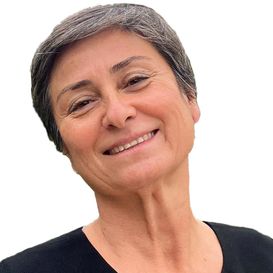
Editorial
By Zeynep Sarılar

Country Focus: Finland
Software enabled digital transformation

Bittium
Where R&D is fundamental to business impact

ITEA Success story: CyberFactory#1
Addressing opportunities and threats for the Factory of the Future

Inclusivity and diversity driving innovation in the ITEA Community
Insights from the VMAP project
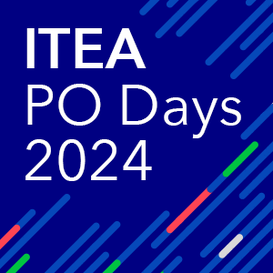
ITEA PO Days 2024 & Exhibition
Spark the next ground-breaking innovation!
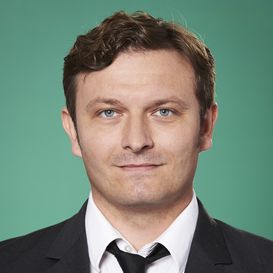
Community Talk with Alexander Viehl
Motivated by real-life challenges and impactful solutions
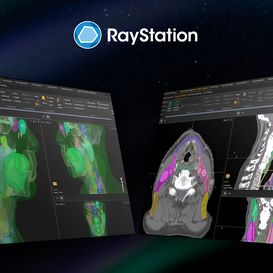
SME in the Spotlight: RaySearch Laboratories
Bringing machine learning to radiation therapy
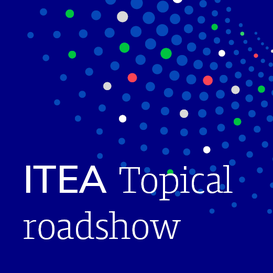
ITEA Topical roadshow
Your voice, your topics, inspiring the ITEA Community

ITEA Success story: PAPUD
A unified approach to heterogenous data
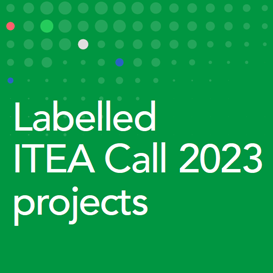
Labelled ITEA Call 2023 projects
Strong focus on Healthcare and generative AI
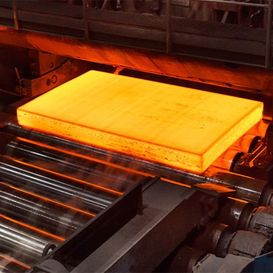
End user happiness: VMAP analytics
Energy-saving furnace control enhances sustainability and quality in the steel industry
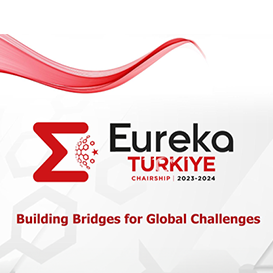
Global Innovation Summit 2024
Building bridges for global challenges

